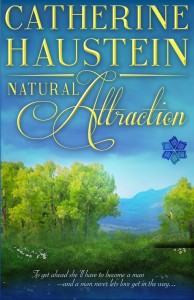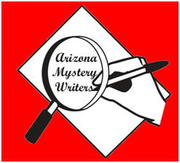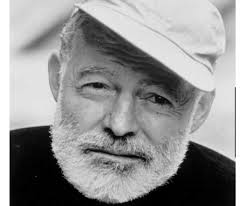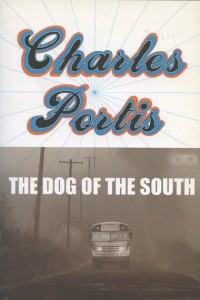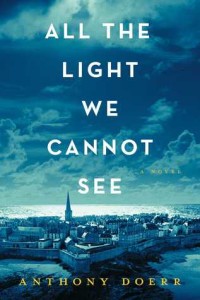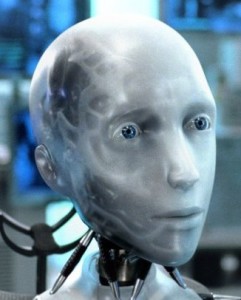 A book without readers still has value. The process of writing it was a journey. New vistas were opened, discoveries made, surprises encountered, lessons learned. It’s better if the book has readers, though. Long ago I decided to focus on writing, ignoring marketing, until I had enough inventory to work with. It’s been ten years now, and I do have a fiction inventory.
A book without readers still has value. The process of writing it was a journey. New vistas were opened, discoveries made, surprises encountered, lessons learned. It’s better if the book has readers, though. Long ago I decided to focus on writing, ignoring marketing, until I had enough inventory to work with. It’s been ten years now, and I do have a fiction inventory.

Hunter & Hunted Cover
Hunter & Hunted: This was my first novel-length effort, a novella really, at 51,000 words. It’s about a Seattle woman who buys a stone-age artifact that turns out to be a forgery. Somebody thinks it’s real and is hunting her, even while she tries to find out who cheated her. It’s a kinetic international thriller, with a modest body count, but my heroine is not Jamie Bond. There’s no car chase and no exploding helicopters. The story stays within the bounds of plausibility, more-or-less. The ongoing commentary by the ancient Greek gods, Artemis and Dionysus, isn’t realistic, but winks ironically at the main story.
I figured I would never be able sell the story to a publisher. The length wasn’t right and it didn’t fit into an obvious genre category. So it was destined for self-publication. It’s out there now. See ordering information at http://billadamsphd.net/books4u/. I sell the occasional ebook online and a paperback version a few times a year at festivals and fairs. It exists.
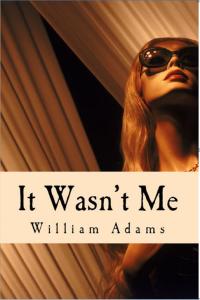 It Wasn’t Me: My second outing also featured a female protagonist. For Hunter & Hunted, I chose a female just to make sure I was getting outside my own head. For It Wasn’t Me, the story itself called for a female lead. I sketched it with a male and it didn’t work. This is a Jekyll-and-Hyde story of a young woman with a split personality. Her alternate personality horrifies her but eventually she learns to make a partner of her other self to seek revenge on the uncle who abused her as a child.
It Wasn’t Me: My second outing also featured a female protagonist. For Hunter & Hunted, I chose a female just to make sure I was getting outside my own head. For It Wasn’t Me, the story itself called for a female lead. I sketched it with a male and it didn’t work. This is a Jekyll-and-Hyde story of a young woman with a split personality. Her alternate personality horrifies her but eventually she learns to make a partner of her other self to seek revenge on the uncle who abused her as a child.
It’s a just-barely plausible tale (since there really isn’t any such thing as multiple personality disorder, except in the popular imagination), but it’s an interesting story of psychological suspense, and an allegory for how difficult it can be to find an integrated self-identity for anyone who has been traumatized in childhood.
At 72,000 words, it qualified as novel-length. I tried to sell it with cold-queries to agents, and got about ten interested nibbles, but in the end, no takers. That told me it was destined for a self-published fate, and it, too is now out on the internet, at Amazon and Smashwords. See ordering information at http://billadamsphd.net/books4u/. Once a manuscript is self-published, it is, alas, considered tainted by traditional publishers, who won’t touch it – except in extremely rare cases where the online version is a runaway hit. Mine isn’t. Maybe it could be, but no one knows about it.
Desert Justice: This is my third novel, starring Quinn, a righteous Tucson Police Detective who believes every single lawbreaker should be locked up forever. The badge and the gun define his morality. When he sees his son, also a TPD cop, go into a meeting with a major crime boss, Quinn is stunned. He impulsively and anonymously warns his son that a police raid is imminent, and everyone escapes from the meeting. But now Quinn has crossed a line. Tormented, he tries to discover the truth about his son and meanwhile falls in love with a beautiful Indian woman working at a casino run by that same crime boss. She reveals a staggering money-laundering operation that Quinn begins to investigate. In the end, Quinn’s heart and his moral rigidity are softened by his son and his new girlfriend. A fun extra feature is that Quinn writes pulpy cop fiction as a hobby, and scenes from his writing reflect his changing state of mind.
This novel, at 75,000 words, has been revised seven times and is currently going through the workshop process. No doubt it will need more revision, because workshops often point out deficiencies I can’t see on my own. It’s within six months of being ready for… what? I guess I’ll try to sell it, though experience has taught me that the probability of getting the attention of an agent through a cold-call email is very close to zero-point-zero. But putting it out in the self-published queue effectively kills its future. It’s a choice between no readers and some readers. Don’t know yet.
Another Way To Live (Working Title): The first draft of this manuscript was completed six months ago and has been marinating in the dark since then. It’s about time to bring it back to the light for major revision. This one also features a male protagonist, Scott, an affluent New York advertising man who likes to cook. He accidentally creates a special chocolate that causes people to abandon competitive consumerism and turn to self-reflection, empathy, and sustainable happiness. It bestows enlightenment like magic. Scott quits his job, seeing the potential to change a dysfunctional society, and for a while, he does, by establishing a foundation promoting new values and distributing the special chocolate to donors. But Scott’s brother, a businessman, persecutes him and the foundation, saying that easy happiness is immoral and anti-American. Legitimate happiness is earned only through suffering. Scott is defeated and mindless consumerism returns triumphant, though the story ends with his children discovering the chocolate recipe and vowing to try again.
As a college teacher of many years, I despaired at the ineffectiveness of education in showing ambitious students that there is a way to live with sustainable happiness, but it became clear that a change in brain chemistry would be needed for most people to grasp the point. This novel, at 78,000 words, articulates that insight with humor and compassion, I hope. I worry that the theme is too obviously doctrinaire, but I won’t know until I reread. In a year, when it’s ready to show the world, I’ll have to face that same old decision: self-publish and die, or, another way to die, make the almost-futile effort to sell it.
The Newcomer (Working Title): I finished the first draft of this manuscript two weeks ago. It is safely tucked away to steep in its own juices for a few months. I don’t even have a good synopsis for it yet. Basically, it’s about an android, a sophisticated robot that looks and acts like a person. He’s so good, nobody realizes he’s not human, and he has no reason to doubt that he is either. Gradually, through a series of events, the truth seeps out and, being somewhat naïve, he asks a couple of his fellow engineers for advice. They scheme to capture him and reverse-engineer him, which would end his “life.”
It’s nominally a sci-fi story, but is written with the narrator close to the mind of the android, making him a sympathetic main character. The underlying question is, what does it mean to be a human being? Could a machine with all the right moves qualify as a person? Why or why not? At 77,000 words, what makes this story different from your typical AI-Android sci-fi story is that it tackles some of the fundamental questions about the nature of human and machine consciousness, such as empathy, emotions, spirituality, and the role of the homunculus (the mythical little man in the head who pulls the levers of action.)
As with the other draft manuscripts, The Newcomer will eventually face its existential question: self-publish or twist in the wind? But that’s a year to eighteen months out. Maybe the world will be different by then. Or I will be.
What is your advice for an unknown, unpublished, unconnected author with this inventory? Self-publish them all into oblivion, or try to sell them, one at a time?
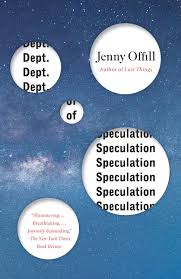 Lots of Nothing, Nicely Packaged
Lots of Nothing, Nicely Packaged
